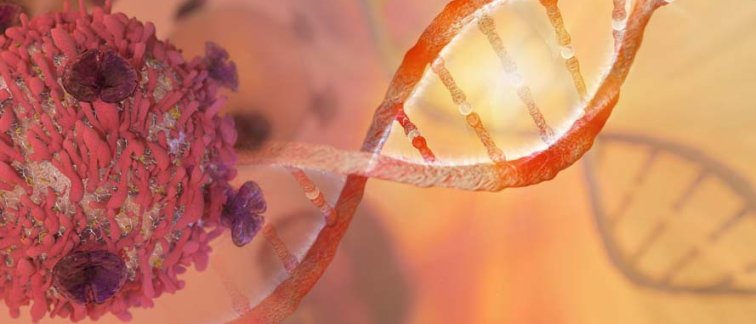Cancers that originate from B cells, a type of white blood cell that is part of the immune system, include different kinds of lymphoma and leukemia. Ibrutinib is a small molecule drug that irreversibly binds to the protein Bruton’s tyrosine kinase (BTK), a signaling protein critical for B cell development and maintenance. Blocking BTK inhibits the B cell antigen-receptor (BCR)-pathway, which is often aberrantly active in B cell cancers.
Previously, the research team of Dr. Marcel Spaargaren demonstrated that ibrutinib disrupts BCR-controlled integrin-mediated adhesion (retention) of malignant B cells in the lymphoid organ microenvironment. This mobilizes the malignant cells from these protective niches into the circulation, thereby depriving them of critical growth and survival factors, resulting in highly efficacious disease regression.
The clinical introduction of ibrutinib in 2013 provided a major breakthrough in the treatment of B cell malignancies. Unfortunately, a significant subset of patients is intrinsically resistant or acquires resistance against ibrutinib. To discover novel therapeutic targets that could help these patients, Dr. Marcel Spaargaren and his team, in particular postdoc Martin de Rooij and PhD student Yvonne Thus, went looking for proteins involved in the adhesion of malignant B cells to their microenvironment.
Eviction from the microenvironment
The microenvironment of cancerous cells includes non-cancerous cells that can be co-opted by tumor cells to secrete factors that help cancers grow. Supportive tumor–microenvironment interactions are important contributors to both pathogenesis and prognosis of B-cell lymphomas.
“We developed a loss-of-adhesion CRISPR-Cas9 knockout screening method to identify proteins involved in the retention of malignant B cells in their growth-supportive lymphoid organ microenvironment,” said Dr. Marcel Spaargaren.
This screening method was successful in identifying both known and unknown proteins involved in adhesion. “Illustrating the validity of our approach, several kinases with an established role in BCR-controlled adhesion, including BTK and PI3K, both targets for clinically applied inhibitors, are among the top hits of our screen. We anticipate that pharmacological inhibitors of the identified novel targets, e.g., PAK2 and PTK2B/PYK2, may have great clinical potential as therapy for lymphoma and leukemia patients.”
This screening platform is highly flexible and can be easily adapted to identify cell adhesion-regulatory proteins and signaling pathways for other stimuli, adhesion molecules, and (cancer) cell types, according to the authors.
Read the publication here: Martin F.M. de Rooij, et al. (2022) A loss-of-adhesion CRISPR-Cas9 screening platform to identify cell adhesion-regulatory proteins and signaling pathways. Nat. Commun. https://doi.org/10.1038/s41467-022-29835-y
Or contact Dr. Marcel Spaargaren for more information.
Involved researchers at Cancer Center Amsterdam:
Martin F.M. de Rooij
Yvonne J. Thus
Nathalie Swier
Steven T. Pals
Marcel Spaargaren
Department of Pathology, Amsterdam UMC, location University of Amsterdam Lymphoma and Myeloma Center Amsterdam (LYMMCARE)
CCA research program and theme: Cancer Biology and Immunology - Target & Therapy Discovery
Funding
This work was supported by grants of Dutch Cancer Society (KWF), Lymph&Co, and the International Waldenstrom’s Macroglobulinemia Foundation (IWMF)/Leukemia & Lymphoma Society (LLS) to M.S.

